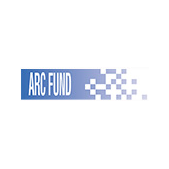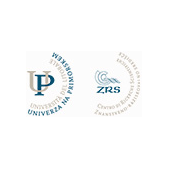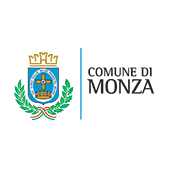By Elisabeth Unterfrauner and ilse Marschalek (Centre for Social Innovation, Vienna)
Responsible Research and Innovation (RRI) gained importance in the last years in the European Research Area as it has become one of the cross-cutting themes of the European Commission’s Horizon 2020 programme. The core aim of responsible research and innovation is to do research with and for society. Thus, research has a clear assignment from the society and has to address societal challenges (the EC mentions the seven grand challenges e.g. food security, health and demographic change, secure and clean energy, climate action, etc.) and is no longer isolated somewhere in an ivory tower but is in constant exchange and interaction with societal actors. This however means also shared responsibility of the research and innovation process.
One of the most prominent definitions of RRI was given by Von Schomberg who defined RRI as a dynamic, iterative process by which all stakeholders involved (…) become mutually responsive and share responsibility for both the outcomes and processes involved.
There are several attempts to operationalise RRI. Currently there are six widely accepted and known key dimensions of RRI: public engagement, ethics, science education, open access, gender equality and the governance of these aspects. Some argue for additional two dimensions being inclusion and sustainability.
The RRI concept also encompasses a set of core process requirements, all of which embrace public engagement as well:
Diversity and inclusions, mapping and addressing all relevant stakeholders, openness and transparency, allowing for meaningful exchange between groups, anticipation and reflection, enabling mutual learning processes and finally responsiveness and adaptive change, meaning the flexibility and ability to react.
The dimension of Public Engagement is key in implementing processes of RRI. Public engagement in RRI means:
- Enhancing and widening participation at all stages of responsible research and innovation
- Leading to new and profitable partnerships
- Guaranteeing a transdisciplinary approach
- Advancing towards collaborative decision-making and shared responsibility and
- Promoting Citizen Science and Open Innovation
Public engagement further means collaboration with different stakeholder groups in transdisciplinary and multidisciplinary teams from policy makers to educators, while the winning arguments might be different for the stakeholder groups.
For policy makers, Public engagement can help bring decisions on R&I policies closer to society, making them more robust and legitimate. For the Research Community, engaging citizens in research practices can lead to more effective R&I processes better suited to meet their needs and expectations. For the education community, empowering young students and lifelong learners to engage in R&I and R&I decision making is key for RRI success. Business & Industry should engage stakeholders in the implementation of responsibility measures in their end-products and industrial processes. The engagement of CSOs in RRI processes is necessary to introduce the voice of society, make R&I more democratic and enhance public accountability.
According to Stahl (Stahl, 2013) RRI could be regarded as a space in which inclusion and interaction of different stakeholders and new forms of innovation could take place .
For more comprising definitions and operationalisation as well as resources and tools that deal with public engagement and RRI, please check: www.rri-tools.eu.
European Commission. (2013). Options for Strengthening Responsible Research and Innovation. Brussels.
European Union, European Commission, & Directorate-General for Research and Innovation. (2013). Options for strengthening responsible research and innovation. Luxembourg: Publications Office of the European Union.
Klaassen, P., Kupper, F., & Broerse, J. (2014). Polcy brief on the state of the art on RRI and a working definition of RRI (Deliverable No. D 1.1.). Amsterdam: Athena Institute, VU University Amsterdam. Retrieved from http://www.rri-tools.eu/workplan-deliverables
Stahl, B. C. (2013). Responsible research and innovation: The role of privacy in an emerging framework. Science and Public Policy, 40(6), 708–716. https://doi.org/10.1093/scipol/sct067
Relevant themes:
Public participation
Relevant tags: Responsible Research and Innovation; Public engagement
























